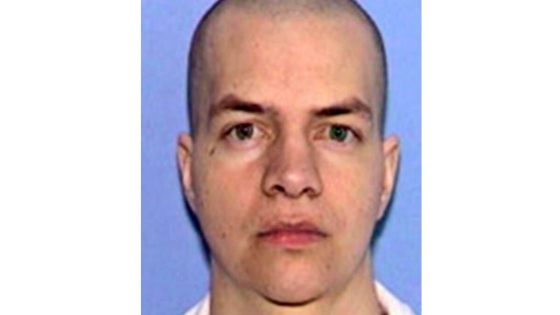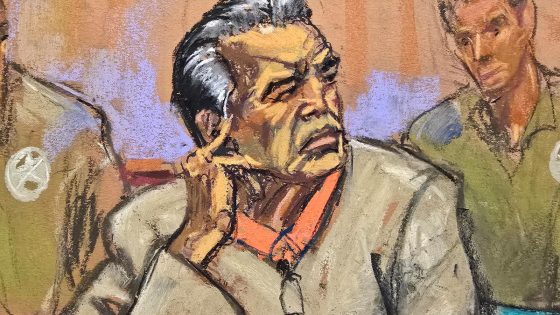On January 8, 2024, Maj. Michael Stockin, an Army anesthesiologist stationed at Joint Base Lewis-McChord in Washington, pleaded guilty to a staggering 41 counts of sexual abuse against male soldiers. This verdict followed a painful journey for the victims who, bravely confronting their past traumas, shared their harrowing experiences in a military court.
- Military doctor sentenced for sexual abuse
- Over 13 years in prison, dismissed from Army
- 41 male soldiers were victims of abuse
- Victims expressed trauma and emotional distress
- Federal claims filed against the Army
- Stockin required to register as sex offender
The events that unfolded at JBLM, the Army’s fifth-largest base situated about 47 miles south of Seattle, have persisted as a dark chapter in its history. Over the course of two years, numerous accusations piled up against Stockin, revealing a pattern of abuse that left soldiers, who sought his medical expertise, shattered and fearful. After a thorough investigation commenced in 2022, Stockin was suspended from patient care and subsequently faced 23 criminal charges in August, escalating to a total of 52 charges after more victims came forward.
In the courtroom on that fateful January day, Stockin was sentenced to just over 13 years in prison—a sharp contrast to the 300 years he could have faced, according to his defense attorney, Robert Capovilla. The sentence also included a forfeiture of all pay and allowances, along with his dismissal from the Army. “The sentence imposed by the court holds Maj. Stockin accountable for every person he victimized through his crimes,” stated Maj. Allyson Montgomery, a prosecutor with the Army’s Office of Special Trial Counsel, reinforcing the weight of the proceedings and the courage of the victims.
Family members and advocates echoed this sentiment, emphasizing that this was not merely a case of individual justice, but a reckoning for the Army’s oversight in ensuring the safety of its personnel. Christine Dunn, an attorney representing 22 of Stockin’s victims, reflected on the pervasive emotional impact of the abuse, stating that many of the soldiers now grapple with crippling anxiety and shame, often terrified to seek medical care.
The courtroom was not just a venue for legal proceedings; it transformed into a space where voices long marginalized were finally heard. Victims recounted their experiences with Stockin—cries for help that turned into nightmares, where trusted medical examinations morphed into instances of profound betrayal. One individual described feeling “very confused” during Stockin’s examinations, which quickly escalated to inappropriate physical contact. Another survivor shared that he struggled for years to voice the trauma inflicted upon him, highlighting the profound shame embedded in these experiences.
The investigation into Stockin’s misconduct has wider implications, illuminating serious deficiencies in the Army’s hiring and supervision processes. Attorneys for the victims have filed complaints claiming negligence on the part of the Army and Department of Defense, asserting that the agencies failed in their duty to protect the servicemen under their care. Each victim is seeking $5 million in damages for the emotional distress endured.
As the dust settles on this chapter at JBLM, the Army has pledged to continue improving its practices and protocols in handling such accusations. Stockin is set to serve his sentence at Fort Leavenworth, Kansas, where he will also face federal and state sex offender registration requirements upon release.
While the sentence may offer a semblance of justice, for the victims, true accountability extends beyond the courtroom. It involves systemic change within the military to ensure that such abuse never happens again, something they hope will come to fruition as more eyes are turned toward the Army’s internal processes. As the nation reflects on this case, the resilience and bravery of the victims serve as a powerful reminder of the urgent need for solidarity and reform in the face of such profound injustice.

































